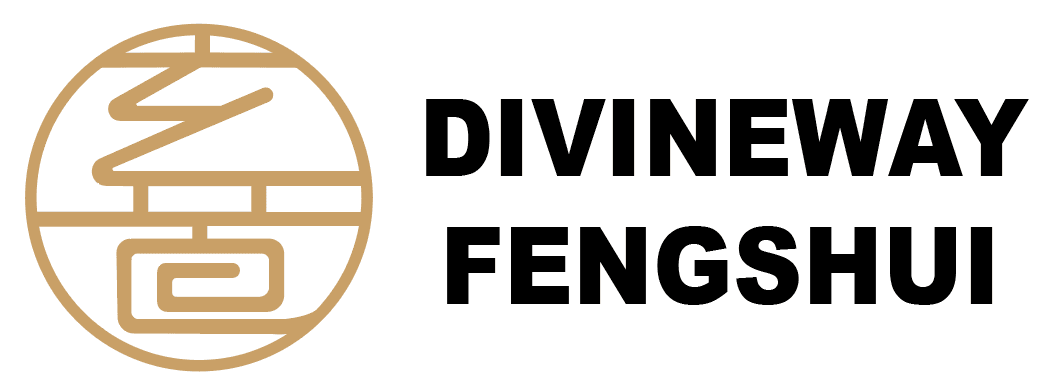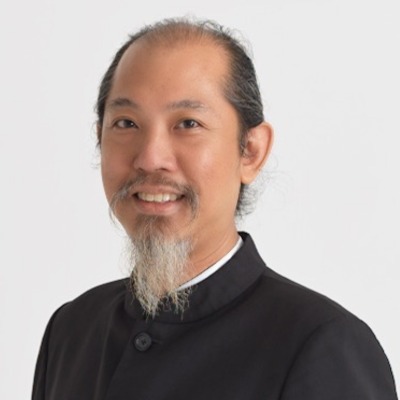Consulting a recommended feng shui master for house changes more than just your furniture layout—it can reshape the entire energy of your home. Rooted in ancient Chinese philosophy, feng shui is all about creating balance and harmony by aligning your space with the natural flow of energy, or chi. Think of it as designing your home not just for looks, but for well-being, luck and clarity.
But here’s the catch: feng shui is an unregulated field. That means anyone can technically call themselves a master—so even if someone comes highly recommended, it’s still worth doing a bit of digging. After all, choosing the right consultant is a lot like choosing a contractor or interior designer. You’ll want someone who’s not only skilled, but also credible, experienced, and a good fit for your needs.
In this guide, we’ll walk you through what to know before you book that consultation—so you can enter the process informed, confident, and ready to bring good energy into your space.
Understanding Feng Shui and Its Application to Homes
In essence, Feng Shui aims to create a living space that supports well-being, prosperity and balance. It teaches that a healthy balance of the five elements – wood, fire, earth, metal and water – in the right areas of your home will encourage positive outcomes like good health, relationships and success.
For example, water is associated with abundance and emotion, wood with growth and vitality, fire with passion and fame, earth with stability, and metal with clarity. These elements interact in a creative cycle (wood feeds fire, fire becomes earth, earth creates metal, metal nurtures water, water nourishes wood) and in a controlling cycle (e.g. wood parts earth, fire melts metal).
Feng Shui seeks to remove clutter and awkward layouts so that life energy can flow smoothly through hallways and rooms. In practical terms, this might mean repositioning a sofa so it faces the room’s entrance (allowing a commanding view), placing a bed with good support behind it (analysed by the practitioner), or selecting soothing colours and shapes that enhance the elements.
According to experts, a Feng Shui practitioner often starts by gathering details like your house’s orientation and past renovations (the “birth” year of the dwelling) along with information about the occupants. This full analysis helps them determine which areas (called sectors) are auspicious or inauspicious for each person.
A feng shui master’s goal is to make your home both practical and positive. As one industry article notes, “efficient space planning is the cornerstone of a successful renovation project”, and Feng Shui experts excel at optimising a home’s layout to serve each room’s intended purpose. In a well-arranged home, every area contributes to a harmonious energy flow, which can lead to tangible benefits – for example, improved family relationships, better health or increased prosperity.
Choosing the Right Feng Shui Master
Even if you have a name recommended by friends, it pays to do a little checking. Since anyone can call themselves a Feng Shui consultant, you want to be sure you pick someone credible. Below are key factors to consider:
Preparing for Your Consultation
Once you have a master in mind, preparing ahead will help the session be most effective.
What to Expect During the Consultation
Knowing the typical steps can help you feel more comfortable:
On-Site Analysis
During the on-site visit, the Feng Shui master will survey your home methodically. They will measure rooms, note orientations with a compass, and identify each sector (north, south, etc.) relative to the house’s layout. Many practitioners use at least two classical systems:
All of this might sound technical, but essentially the consultant is identifying which parts of your home are energetically “strong” or “weak.” They will likely jot notes or use software to map your house’s energy chart.
During this time, expect questions about any problem areas in your life; Feng Shui experts often look for correlations (for example, if a certain corner corresponds to career and you’ve had work issues).
Recommendations and Report
After the analysis, the consultant will walk you through their findings. They may sketch an annotated floor plan showing where to move items, where to add elements (plants, fountains, lights) or where to avoid (e.g. clutter in a career area).
They should explain each suggestion clearly. Common recommendations include:
Expect to receive a written report summarising everything. Good practitioners include a floor plan drawing, photos, and detailed explanations of their advice.
Clarify if follow-up support is offered (some provide a phone/email Q&A period) and whether you can call them later for updates or questions. This is your chance to review anything you didn’t catch during the visit.
Implementation
After the visit, you can start implementing the suggestions at your own pace.
Some changes are quick (rearranging furniture), others take time (painting walls or buying new items). If something seems impractical or expensive, discuss alternatives with the consultant – a good master will offer flexible options.
Keep in mind that Feng Shui usually favours long-term adjustments rather than instant transformations.
Key Questions to Ask Your Feng Shui Master
Before finalising your choice, ask these crucial questions to vet the recommended Feng Shui master:
Common Pitfalls and Red Flags
While most Feng Shui masters are well-meaning, be on guard for unrealistic promises. No one can guarantee specific results (like instant riches) from changing a sofa. If a practitioner claims absolute cures or asks you for extreme sums of money up front, question it.
As one Feng Shui coach warns, the absence of regulation means the market has “amateurs and inexperienced beginners with mediocre skills, fancy biographies, and shiny marketing gimmicks.”
Also be aware of “instant fix” gimmicks: for example, websites that sell too-good-to-be-true cures (like a single lucky charm guaranteeing fortune). Feng Shui is more about subtle alignment than magic. Consult a master expecting thoughtful advice, not supernatural guarantees.
Finally, keep perspective. Feng Shui can improve comfort and mindset, but it doesn’t replace common-sense home maintenance or professional advice (for structural, legal or medical matters). Integrate the suggestions in a way that also makes sense for your lifestyle.
Final Thoughts

Choosing to work with a recommended feng shui master for your house can bring real benefits, but only if you go into it well-prepared. Do your research and treat the consultant as you would any trusted professional: interview them, verify their background, and ensure they understand your needs. Prepare your home’s information and think about your goals beforehand. Ask plenty of questions – about their training, their approach, and what you will receive – so there are no surprises.
In the end, trust and comfort with the person are key. As one Feng Shui educator advises, “ask lots of questions, educate, and choose wisely”, and lean on word-of-mouth for referrals since it “is still the purest form of referral”.
By following these guidelines, you’ll be able to consult with confidence and make the most of the experience. After all, when it comes to your home – your sanctuary – it’s worth taking the time to get it right.
Have a question for us?
We welcome any question with no commitments. Master Louis Cheung will seek to clarify any doubts you may have.
“Master Louis Cheung has an approachable and comfortable personality along with competent skills. I can confidently recommend Master Louis Cheung to my friends. Thank you, Feng Shui Master Louis Cheung.”
 James H.
James H.Senior Financial Analyst






